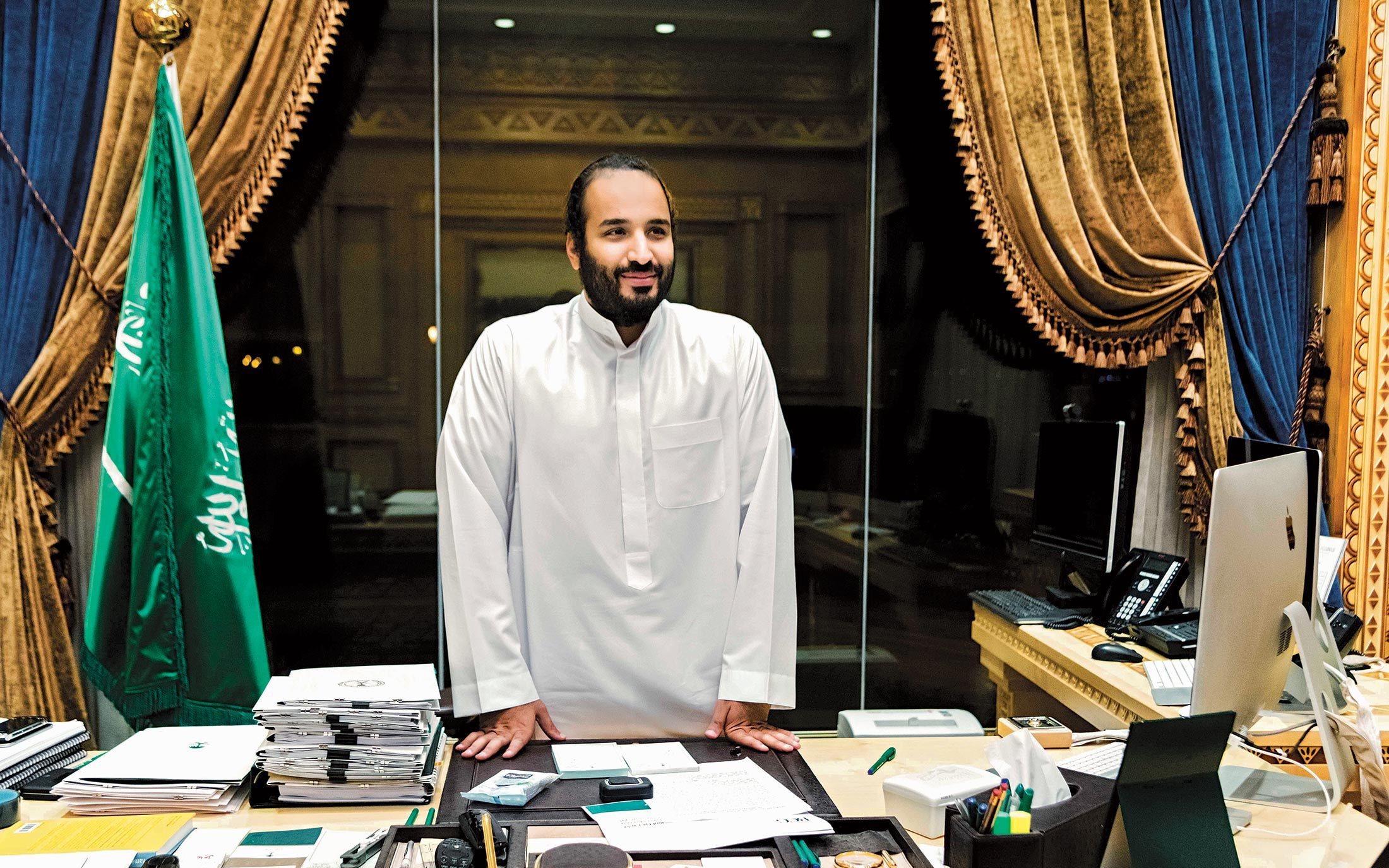On Wednesday 21 June, Saudi Arabia’s King Salman bin Abdulaziz elevated his son, Deputy Crown Prince Mohammed bin Salman, to Crown Prince, demoting Mohammed bin Nayef and leaving him out of the line of royal succession. Bin Salman’s ascendance to Crown Prince marks a radical reordering of the power dynamics in the Saudi royal family as well as the ascendance of a younger generation of princes. King Salman’s decision effectively sidelines a number of other young princes and ends the career of Mohammed bin Nayef, who had been Minister of the Interior since 2012.
As Crown Prince, Mohammed bin Salman, who is 31-years-old, will have increased power within the kingdom in addition to his already heightened level of influence. As Deputy Crown Prince, bin Salman has been responsible for both Saudi Arabia’s involvement, since March 2015, in the war in Yemen, and he has also led the development of Saudi Arabia’s Vision 2030 economic plan.
Saudi Arabia’s involvement in the war in Yemen has put it under international scrutiny, even as the kingdom has justified its engagement on the grounds of restoring the United Nations-backed government of Abd Rabbu Mansour Hadi. Scrutiny over Saudi Arabia’s actions in Yemen has focused on its airstrikes that have hit numerous civilian targets, killing thousands of noncombatants. The airstrikes have also hit a number of hospitals, including facilities supported by Medecins Sans Frontieres (MSF), leading MSF to withdraw its teams from a number of hospitals in the north of the country. In addition, Saudi Arabia and its Arab coalition partners in Yemen – Bahrain and the United Arab Emirates among other states – have imposed a naval and aerial blockade over the country, which has “significantly restricted” imports of food, medicines, and fuel. Partly as a result of the lack of medicine, Yemen is currently facing an outbreak of cholera, with cases being identified in 19 of the country’s 22 governorates. According to the World Health Organization and Yemeni health authorities, the number of suspected cholera cases has reached 151,400, with the death roll standing at 1.054. In recognition of Saudi Arabia’s role in the dire plight of Yemeni children – due both to the airstrikes and the effects of the blockade – then UN Secretary General Ban Ki-moon placed Saudi Arabia on the UN’s “blacklist” of states committing child rights violations. However, the kingdom and its allies reportedly “blackmailed” the UN into removing the kingdom from the list, drawing an international backlash.
Even as bin Salman has been responsible for Saudi Arabia’s ongoing involvement in the conflict in Yemen, he has overseen the development of the kingdom’s Vision 2030, which has been described in Saudi media as a “ray of hope” with the potential to transform Saudi Arabia’s society and economy. Vision 2030 is an all-encompassing development plan that calls for increased transparency in interactions between the government and its citizens, greater civic participation and funding of civic groups, the streamlining of Saudi Arabia’s state bureaucracy, increased private sector investment, and ultimately ending the kingdom’s reliance on oil.
Perhaps most interesting is Vision 2030’s plan to increase women’s engagement in the workforce from 22 percent to 30 percent. As the United Nations Special Rapporteur on extreme poverty noted after conducting a country visiting the kingdom, “The radically new approach reflected in Vision 2030 […] recognizes the need to encourage full female participation in the labour market, which will drive cultural changes needed to enable women to become both more economically productive and more independent.”
However, several structural barriers stand between women’s full participation in the workforce and becoming independent. One barrier to women entering the workforce in larger numbers is the ban on driving. Unable to drive, women must rely on their guardians or ride-sharing services like Uber or Lyft in order to get to work – if their guardian allows them to work at all. When questioned about repealing the ban on driving in April 2016, bin Salman stated that he “is not convinced about women driving.” He continued, “Women driving is not a religious issue as much as it is an issue that relates to the community itself that either accepts it or refuses it.” He also brushed off a question why Saudi Arabia has one of the lowest rates of employed women, stating, “[The woman] is not used to working. She needs more time to accustom herself to the idea of work. A large percentage of Saudi women are used to the fact of staying at home. They’re not used to being work women.”
Prior to his advancement, Mohammed bin Salman was already an extraordinarily powerful figure in Saudi Arabia, with a portfolio that stretches from the war in Yemen to issues affecting women’s rights. Disappointingly, he has not used his position to either end Saudi Arabia’s involvement in Yemen nor to empower Saudi women. While it remains to be seen, it is unlikely that his elevation to Crown Prince will herald a change in either of these spheres. On the contrary, his promotion may mean Saudi Arabia takes a more active role in the conflict in Yemen, while the government continues to postpone progress towards women’s rights.





